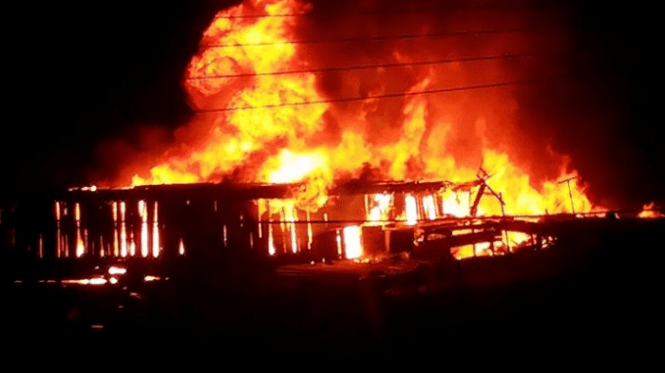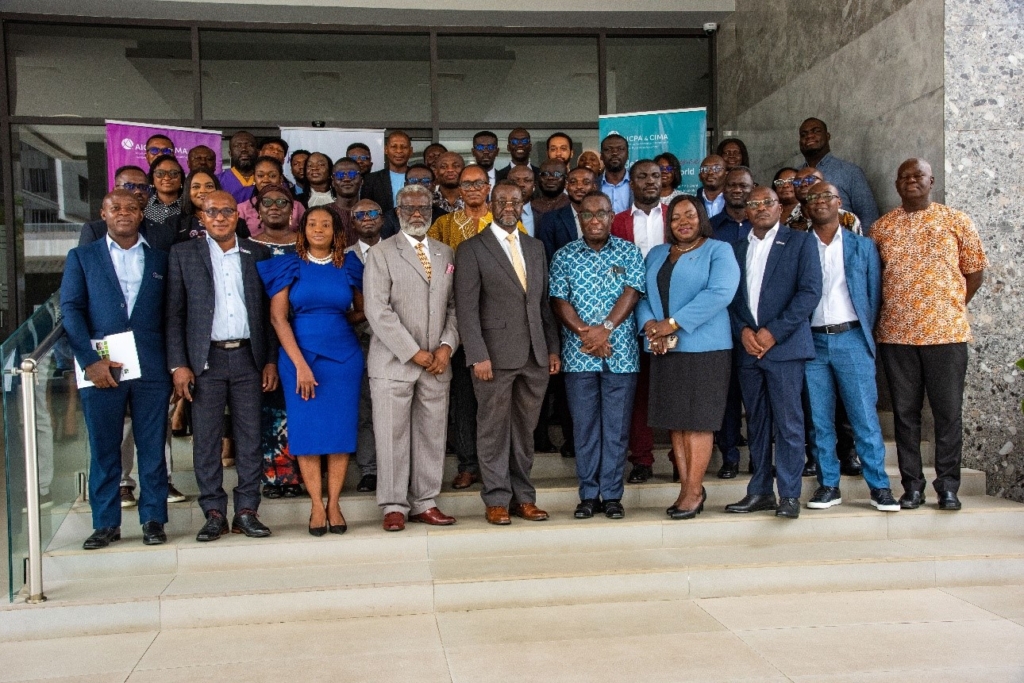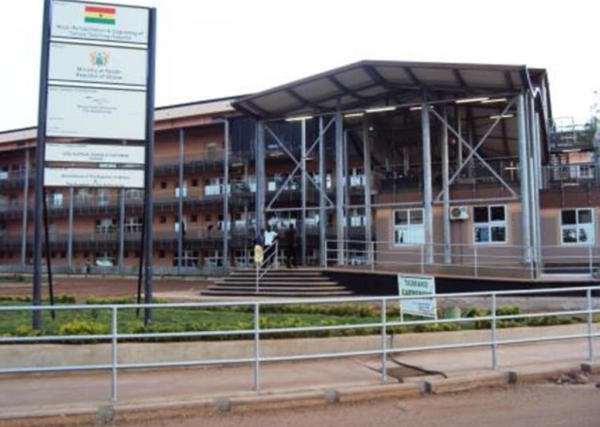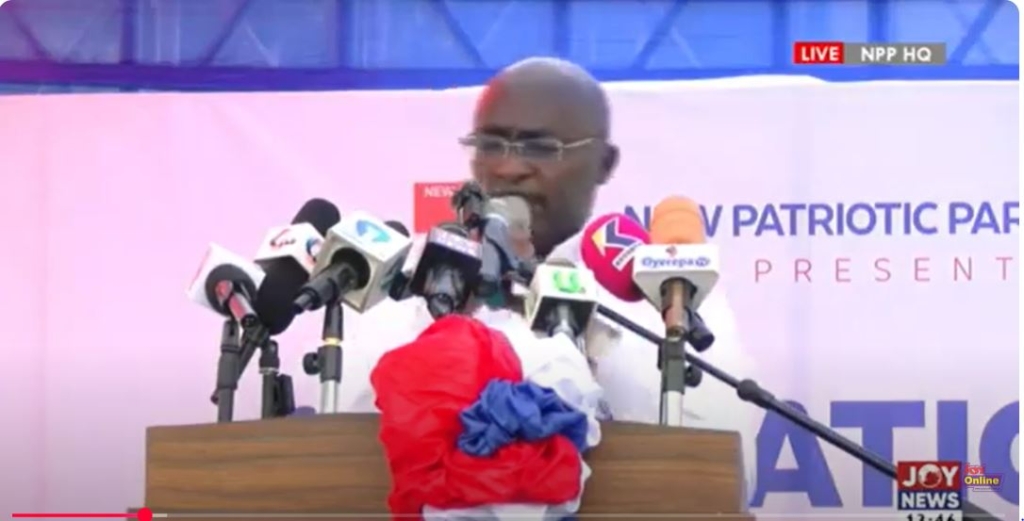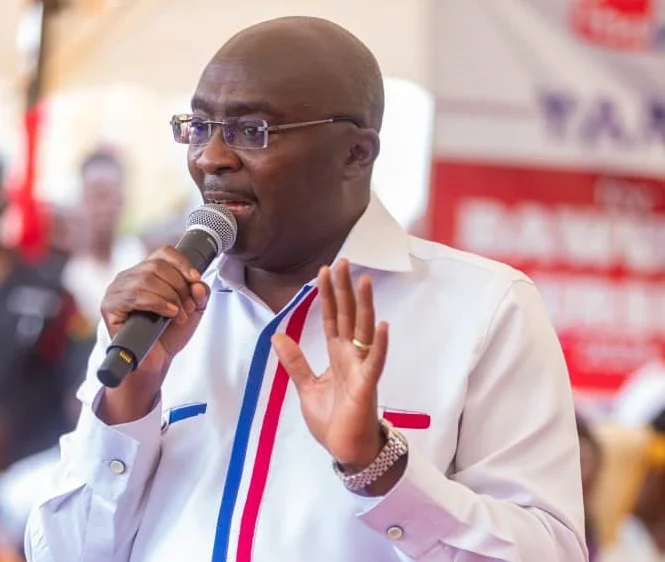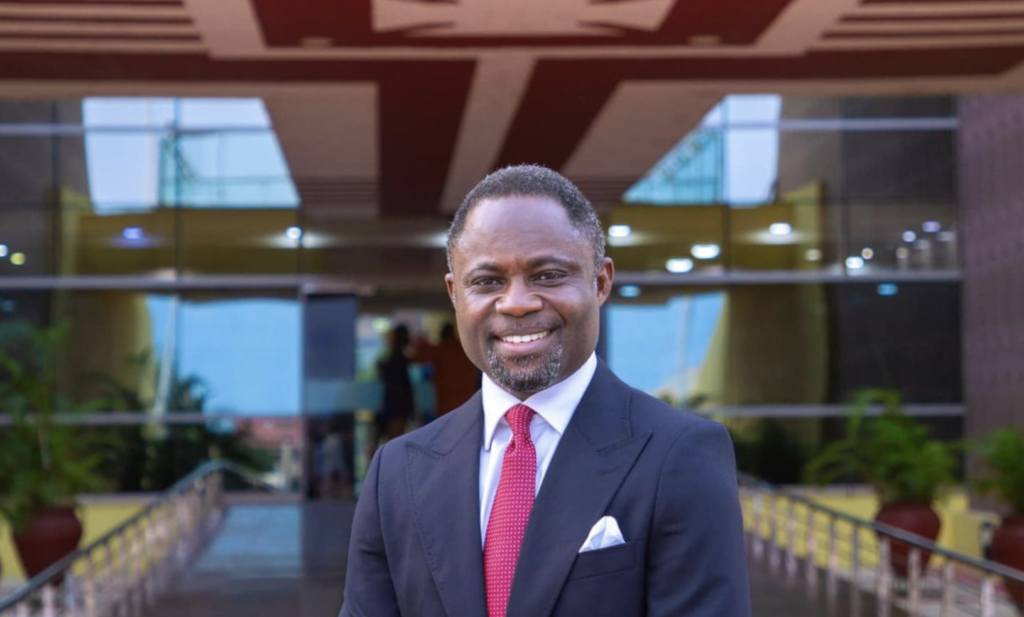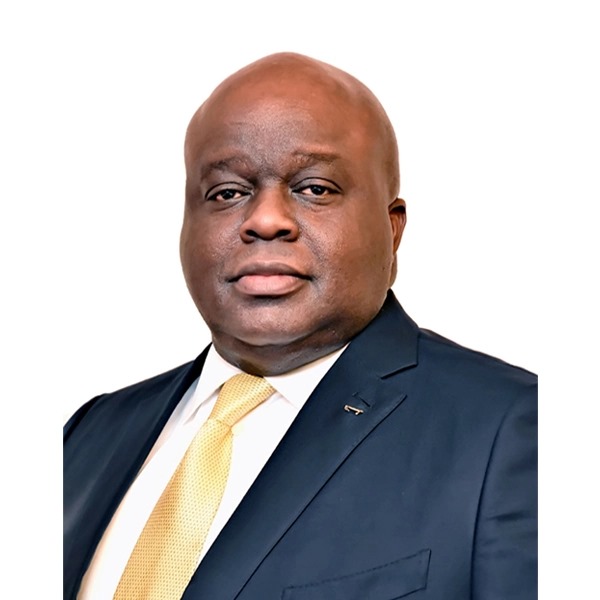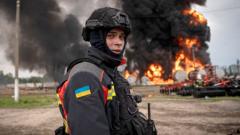In recent months, Ghana has witnessed a troubling rise in fire outbreaks, particularly in commercial areas such as markets. The Ghana National Fire Service (GNFS) has linked many of these incidents to illegal power connections, substandard materials, and faulty electrical installations. While investigations into the Adum and Kantamanto market fires are ongoing, the reality is clear: we are paying a steep price for our electrical negligence.
This trend is not new. For over a decade, electrical faults have consistently ranked among the leading causes of fire in Ghana. And yet, despite the passage of the Ghana Electrical Wiring Regulations (L.I. 2008) and the Energy Commission’s efforts to promote safe and certified appliances, enforcement remains woefully inadequate. Substandard wiring, unlicensed electricians, and unregulated electrical products still dominate our markets and homes.
As a British-Ghanaian electrician with more than 20 years of hands-on experience, I see this as more than a regulatory lapse, it is a public safety crisis. Having worked extensively across the UK and consulted on projects in Ghana, I have witnessed first-hand the wide gap in standards and the consequences they bring. But I also believe this is not a hopeless situation. Ghana can adopt proven safety practices from elsewhere to create a safer future for all.
Learning from Best Practices
In the UK, electrical safety is safeguarded by strong regulatory frameworks, independent inspections, and clear lines of accountability. Electricians are expected to meet national safety standards and are routinely assessed by bodies such as the National Inspection Council for Electrical Installation Contracting (NICEIC). Installations are documented, traceable, and subject to periodic review.
One crucial tool is the Electrical Installation Condition Report (EICR)—a mandatory periodic inspection that checks the integrity of a building’s electrical system. These checks are not mere box-ticking exercises; they help detect faults early, ensure compliance with safety codes, and prevent disasters. Ghana should consider instituting similar mandatory checks for high-risk buildings like markets, schools, and office spaces.
Another issue is earthing—or rather, the lack of it. In my assessments across Ghana, I have observed that many electricians do not install proper earthing in sockets and lighting circuits. This fundamental safety measure protects users from electrocution and prevents fires by redirecting fault currents. System-wide earthing must be non-negotiable, and such violations should attract real consequences.
Equally important is the quality of materials. A skilled electrician is only as effective as the tools and components they use. Substandard cables, sockets, and switches are common in the Ghanaian market. The Energy Commission’s mandate to regulate appliance standards is commendable, but enforcement must extend beyond border checks. Retailers and distributors selling fake or low-grade components must be identified and sanctioned.
The Oversight That Costs Lives
Although the Electrical Wiring Regulations mandate certification for electricians and inspections of installations, implementation has been uneven and slow. The Energy Commission’s efforts to register professionals are a step in the right direction, but too many unlicensed practitioners continue to operate freely, putting lives and property at risk.
In many public buildings, particularly markets, there is no system for routine electrical inspections. Facilities continue to age without being rewired or audited. This creates ticking time bombs, not only for fires but for electrocution, short circuits, and costly outages.
Policy and Industry Recommendations
If Ghana is to end this cycle of preventable tragedies, we must act decisively and urgently. I propose the following measures:
Strengthen Certification and Enforcement
Only certified professionals should be allowed to undertake electrical installations. Regulatory bodies such as the Energy Commission must intensify monitoring, sanction unlicensed operators, and publish a national register of certified electricians.
Mandatory Electrical Audits
Markets, schools, offices, and high-occupancy residential buildings must undergo regular safety audits. These reports should be submitted to local authorities and regulatory bodies.
Clamp Down on Substandard Electrical Materials
Authorities must step up inspections at ports, retail outlets, and warehouses to eliminate substandard and counterfeit electrical products. Only items meeting Ghana Standards Authority benchmarks should be approved for sale.
Public Education and Awareness
Public awareness campaigns to educate the public on identifying certified professionals, spotting unsafe installations, and reporting illegal connections must be intensified by the Ghana National Fire Service and local authorities
Empower Local Authorities
Metropolitan, Municipal, and District Assemblies (MMDAs) must be equipped and resourced to conduct inspections, enforce safety codes, and suspend or revoke permits for non-compliant buildings.
Everyone Has a Role to Play
Electrical safety is not solely the government’s burden. Landlords, market leaders, school administrators, and homeowners must also take responsibility. Buzzing sockets, tripping circuits, burnt smells, or warm switches are warning signs that must not be ignored.
Many Ghanaians live and work in buildings whose electrical systems have never been inspected or were installed by unlicensed hands using subpar materials. In some markets, entire stalls are illegally powered from a single source, overloading circuits and putting lives at risk. We must educate ourselves and demand better.
Engaging qualified electricians and insisting on certified materials is not a luxury, it’s a necessity.
The Time to Act Is Now
Ghana has made progress by enacting regulations and appliance standards. But laws without enforcement are just good intentions on paper. We must reframe electrical safety as a national development and public health priority. This requires urgency, leadership, and accountability from government, and citizens alike. Let us not wait for another tragedy to force our hand.
DISCLAIMER: The Views, Comments, Opinions, Contributions and Statements made by Readers and Contributors on this platform do not necessarily represent the views or policy of Multimedia Group Limited.



